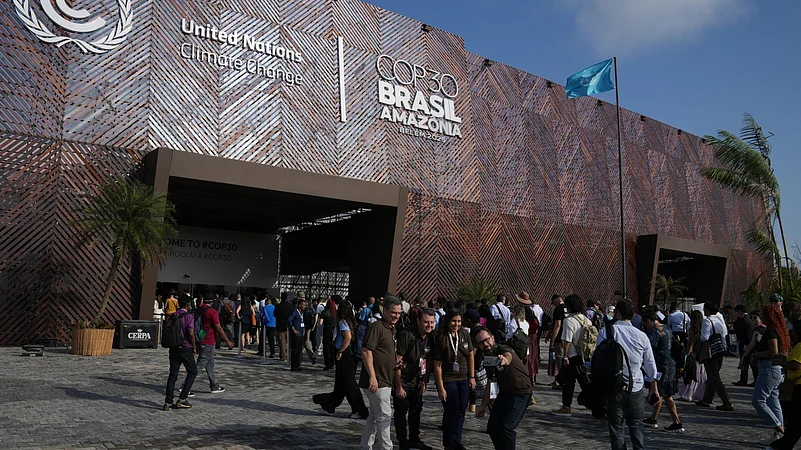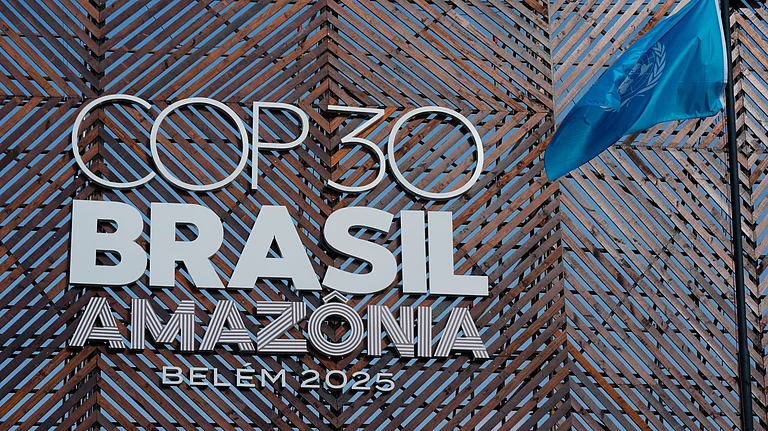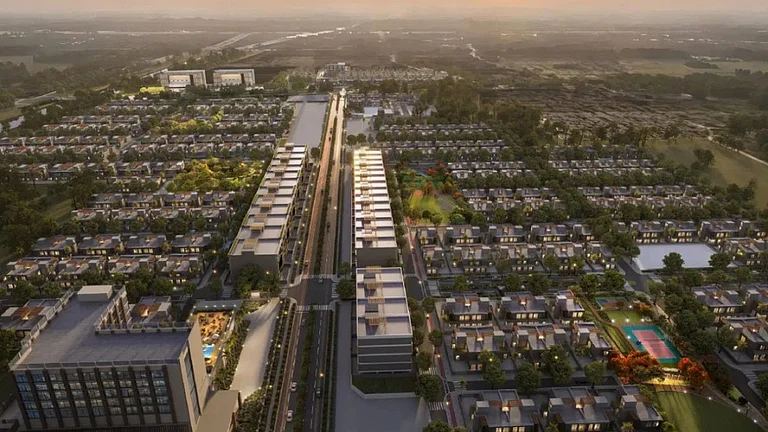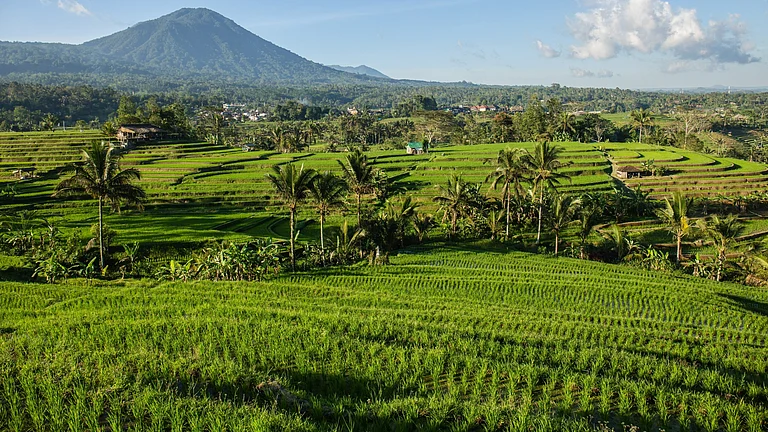
Developed countries push market-led climate finance, prioritising private investment and innovation.
Developing nations demand justice, grants and accountability from historically polluting nations.
Divergent agendas risk turning COP30 into conflict over priorities, not solutions.
Rich nations appear to have lost momentum in tackling the climate crisis, while China is surging ahead in producing and deploying clean energy technologies, The Guardian reported, citing André Corrêa do Lago, President of the UN climate talks.
He added that more countries should follow China’s example, which is the world’s largest emitter of greenhouse gases but also the biggest producer and consumer of low-carbon energy. Beyond this North–South divide lies another fault line that could shape the mood at COP30: the differing priorities of developed and developing countries.
As world leaders gather in Belem, Brazil, for the summit, two distinct agendas have emerged—developing nations demanding urgent climate finance and equitable treatment, and developed countries focusing on mobilising private investment and emphasising shared responsibility. These divergent priorities could become major flashpoints in the negotiations.
For developing countries, the talks centre on questions of justice, finance and historical responsibility. Many argue they face the harshest climate impacts despite contributing the least to historical greenhouse gas emissions. According to the UN Adaptation Gap Report 2025 by the United Nations Environment Programme (Unep), developing countries will need between $310bn and $365bn annually by the mid-2030s for adaptation, yet public adaptation finance in 2023 amounted to just $26bn.
The report also warns that the goal set under the Glasgow Climate Pact to double adaptation finance by 2025 will almost certainly be missed. Even the more recent pledge of $300bn per year by 2035, announced at COP29, remains far short of what is needed to bridge the gap.
According to The Economic Times, developing nations at COP30 are pressing for public, grant-based climate finance, transparent access to technology and capacity-building support. India, for instance, has called for “equitable, predictable and concessional climate finance” as a cornerstone of global climate goals.
The Rich Vs Poor Divide
Developed countries, meanwhile, are approaching COP30 with a focus on investment leverage, private capital flows and greater participation by emerging economies.
Rather than commit substantial direct public grants, many advanced economies favour a model where public funds are used to de-risk private investment, enabling large-scale financing via markets. The outcome of COP29 in Baku illustrates this divide: developed nations pledged to mobilise at least $300bn annually by 2035 to support developing countries, far short of the $1.3trn annual requirement estimated by many in the Global South.
According to Carbon Brief, developed countries continue to emphasise the role of the private sector and technological innovation instead of grant-based finance. Additionally, developed countries seek to keep discussions centred on labour transition and knowledge sharing from “best-practice” models for managing the transition.
Beyond the negotiations on the New Collective Quantified Goal (NCQG) on Climate Finance, several other disagreements threaten to widen the gap. COP30 is thus shaping up as more than a routine climate summit. It reflects a deeper clash of priorities: developed countries moving towards market-based solutions and shared responsibility, versus developing countries pursuing justice, reparations and greater public support.
Unless these divisions are meaningfully addressed, COP30 runs the risk of becoming another milestone in frustration rather than in progress.


































